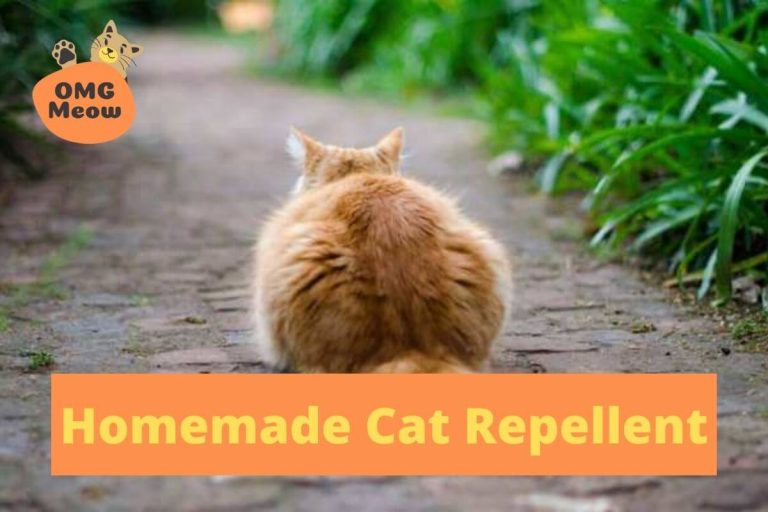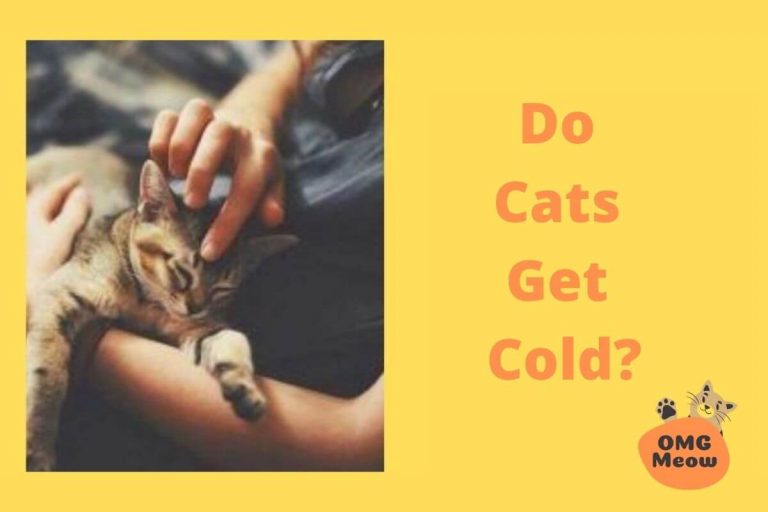It is no secret to anyone that, in the world of cats, sleep is a priority. However, the fact that a pet sleeps too much is still strange for its owner, especially if it is a first-time owner.
Why do cats sleep a lot?
Are you worried that your cat spends a lot of time sleeping and shows no interest in play or food? Is he really asleep, or just resting?
Read on below to find out why do cats sleep a lot and how many hours of sleep they should be getting per day.
I think my cat sleeps too much: is this normal?
Yes. The fact that your cat spends most of its time sleeping is considered completely normal behavior, inherited from its ancestors.
First of all, cats are natural predators. Wild cats are known to be tireless when it comes to meeting their dietary needs, hence they must spend the rest of their time resting and recharging. Sneaking up on and jumping on prey can be exhausting.
On the other hand, cats are twilight predators; this means that they are active between dusk and dawn. Many of their prey, for example, birds and rodents, are also most active during twilight hours.
This is why your cat spends much of the morning and afternoon sleeping, and then much of the night and early morning running in circles around the house. Like the big cats, your pet sticks to a hunting-feasting-dream routine.
Now, cats are said to exhibit two types of sleep.
According to experts, about ¾ parts of domestic cat sleep is a shallow rest called slow-wave sleep. In this case, the pet is almost awake, resting in an alert position, with the senses of smell and hearing activated; you can even see how it contracts its ears.
Peaceful but prepared, the cat can react instantly to attack its prey or respond to a threat. These famous cat naps typically last 15-30 minutes and can happen anywhere.
In the remaining quarter, the cat will be sound asleep, reaching REM sleep. During these naps, it is common to see that his legs are shaking, a sign that he is probably dreaming.
Deep sleep tends to last about 5 minutes and is combined with intervals of light sleep, a pattern that repeats and continues until the cat wakes up. Some believe that this sleep pattern also helps explain why cats need to sleep for so many hours a day.
Unlike humans, cats can fall asleep almost immediately, especially after a long period of play.
Is sleeping so much normal even for a cat that never leaves the house?
Most domestic cats do not have the need to go out and hunt their food, but as we mentioned before, this behavior comes from inheritance. As a species, cats are all connected to the same internal clock. Many times your cat falls asleep simply because he is bored.
Also read: Why do cats use litter boxes?
7 reasons why your cat sleeps a lot
In general, these are some of the factors that can increase the time your pet spends sleeping:
1. Conservation of energy
Cats have the physiology of a predator, which means that they are programmed to chase and hunt. If they sleep so much it is because genetically they need to conserve energy between meals to run, jump, climb and stalk.
2. Age
Older kittens and cats need to sleep even longer than the average adult cat.
3. Hours of the day
Being twilight creatures, cats will be more active at night and lazier during the day.
4. Activity level
It is normal for a cat to prefer to sleep if it can not entertain itself or cannot play. Many times they fall asleep out of boredom. Likewise, consider that the more active the feline is, the more sleep it will need to recover.
5. Weather conditions
Cats tend to sleep more when temperatures are low or in the case of a rainy day.
6. Obesity and lack of vitamins
Nutritional deficiencies and obesity, caused by an unbalanced diet or lack of exercise, are other common reasons why a cat sleeps a lot.
7. Diabetes
Some people are unaware that diabetes is a fairly common condition in cats. When there are unbalanced blood sugar levels, the pet may show symptoms of lethargy, excessive sleepiness, and loss of appetite.






